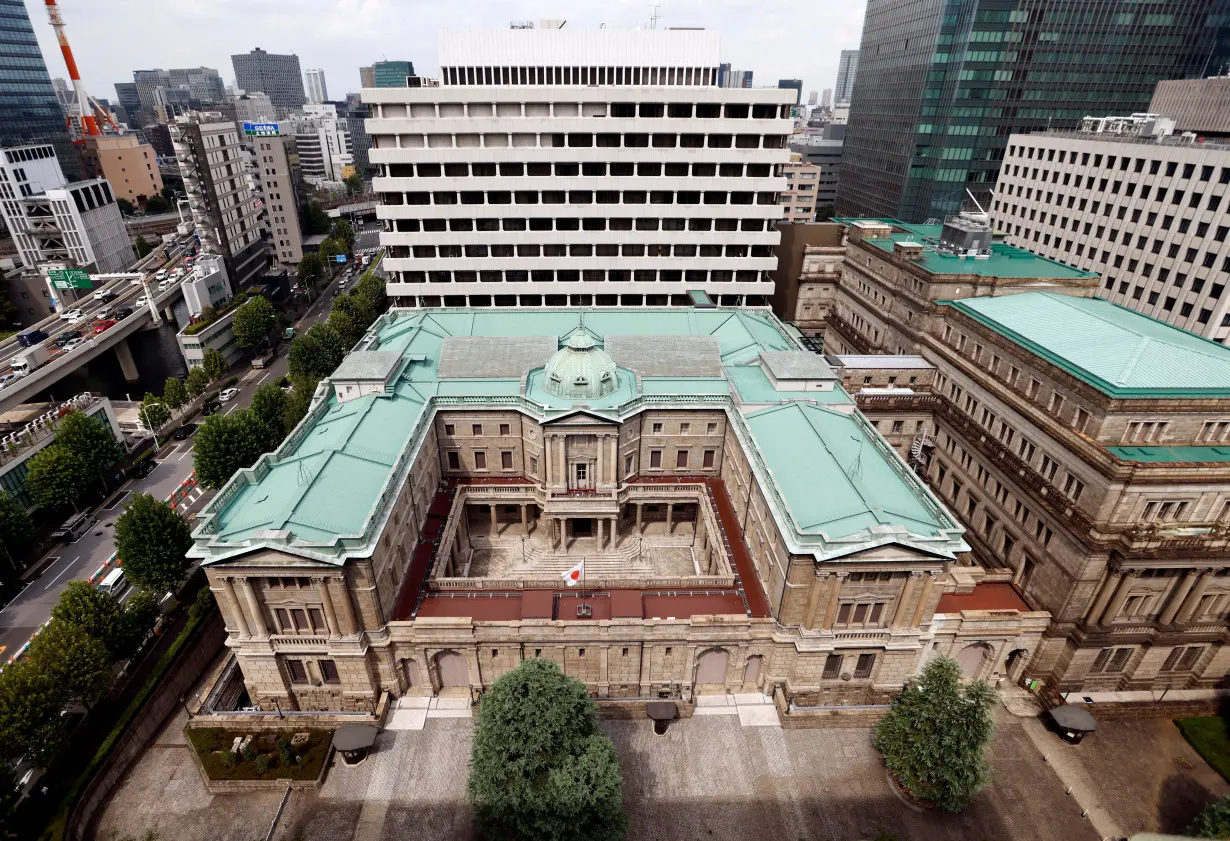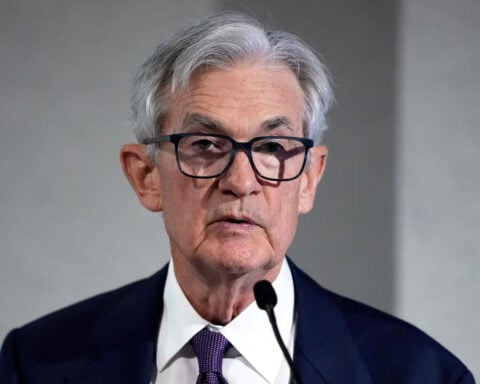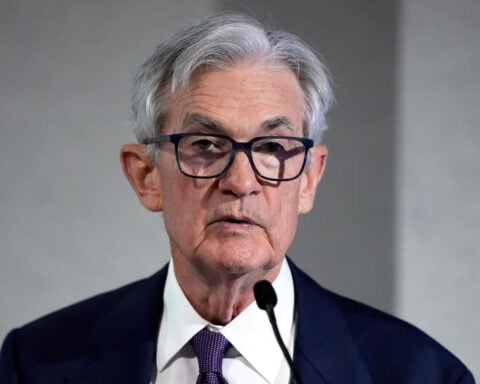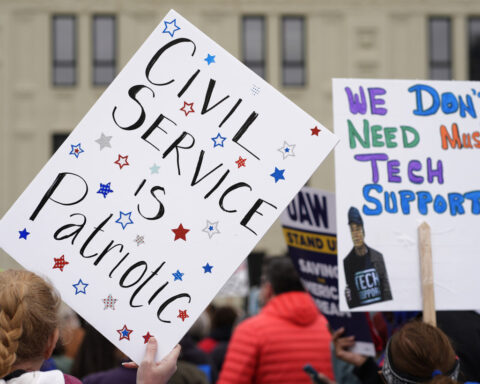By Satoshi Sugiyama
TOKYO (Reuters) - The Bank of Japan (BOJ) will not raise interest rates at a policy meeting next week, economists unanimously said in a Reuters poll published on Friday, but a majority of them still expect an increase by year-end.
Little changed from a survey last month, with the findings showing analysts' conviction the BOJ is committed to emerge from decades of massive monetary stimulus at a time its global peers, including the U.S. Federal Reserve, are moving toward rate cuts.
None of the 52 economists in the Sept. 4-12 poll said the BOJ would raise borrowing costs at its Sept. 19-20 meeting. However, 54%, or 28, expect the bank would do so by the end of the year, slightly down from 57% in an August poll.
The median prediction for the rate by end-year was 25 basis points higher at 0.50%, the same as the last poll.
Among a smaller sample of 23 economists who predicted higher rates by year-end and also provided a forecast for a specific month when the BOJ will next change them, more than three-quarters, 18, said December and the rest of the five said October.
The BOJ is expected to proceed cautiously with rate hikes at a pace of about once every six months while assessing the impact of monetary tightening on the domestic economy, said Junki Iwahashi, senior economist at Sumitomo Mitsui Trust Bank.
"However, the difficulty of raising interest rates additionally will increase if financial markets are once again disrupted by a sharp slowdown in the U.S. economy or an acceleration in the pace of interest rate cuts in the U.S.," he said.
Of another 15 economists who provided monthly forecasts and anticipated either a rate hike next year or no further increase at all, 60%, or nine, chose January.
The central bank surprised many market participants in July by raising base borrowing costs to 0.25% from a range of 0-0.1%, just four months after abandoning negative rates.
Despite last month's market rout, BOJ officials have repeatedly signalled the central bank would proceed with steady monetary tightening.
Japan's economy grew at a slightly slower pace than initially reported last quarter, government data showed on Monday, hurt by downward revisions in corporate and household spending that point to a bumpier second half of consumption and the central bank's rate-hike plans.
The economy is expected to only recover at a moderate pace, since consumers wary of higher prices are reluctant to spend despite tax cuts and bigger summer bonuses boosting households' disposable income, said Takumi Tsunoda, senior economist at Shinkin Central Bank Research Institute.
There was no consensus among economists on which ruling Liberal Democratic Party's leadership election candidates has economic policy with the best chances of stimulating medium-term growth.
Of 21 respondents, Shinjiro Koizumi and Taro Kono were economists' top picks with four votes each. Shigeru Ishiba, Sanae Takaichi and Toshimitsu Motegi tied second place with three votes each.
The current administration's policy will continue in broad terms irrespective of whoever becomes the next LDP leader at least in the short term, said Saisuke Sakai, senior economist at Mizuho Research and Technologies.
The party leadership race will take place on Sept. 27, and the winner will be appointed prime minister at an extraordinary parliament session early in October.
(Other stories from the Reuters global economic poll)
(Reporting by Satoshi Sugiyama; Polling by Rahul Trivedi and Anant Chandak; Editing by Jonathan Cable and Shri Navaratnam)

 Trump has begun another trade war. Here's a timeline of how we got here
Trump has begun another trade war. Here's a timeline of how we got here
 Canada's leader laments lost friendship with US in town that sheltered stranded Americans after 9/11
Canada's leader laments lost friendship with US in town that sheltered stranded Americans after 9/11
 Chinese EV giant BYD's fourth-quarter profit leaps 73%
Chinese EV giant BYD's fourth-quarter profit leaps 73%
 You're an American in another land? Prepare to talk about the why and how of Trump 2.0
You're an American in another land? Prepare to talk about the why and how of Trump 2.0
 Chalk talk: Star power, top teams and No. 5 seeds headline the women's March Madness Sweet 16
Chalk talk: Star power, top teams and No. 5 seeds headline the women's March Madness Sweet 16
 Purdue returns to Sweet 16 with 76-62 win over McNeese in March Madness
Purdue returns to Sweet 16 with 76-62 win over McNeese in March Madness








